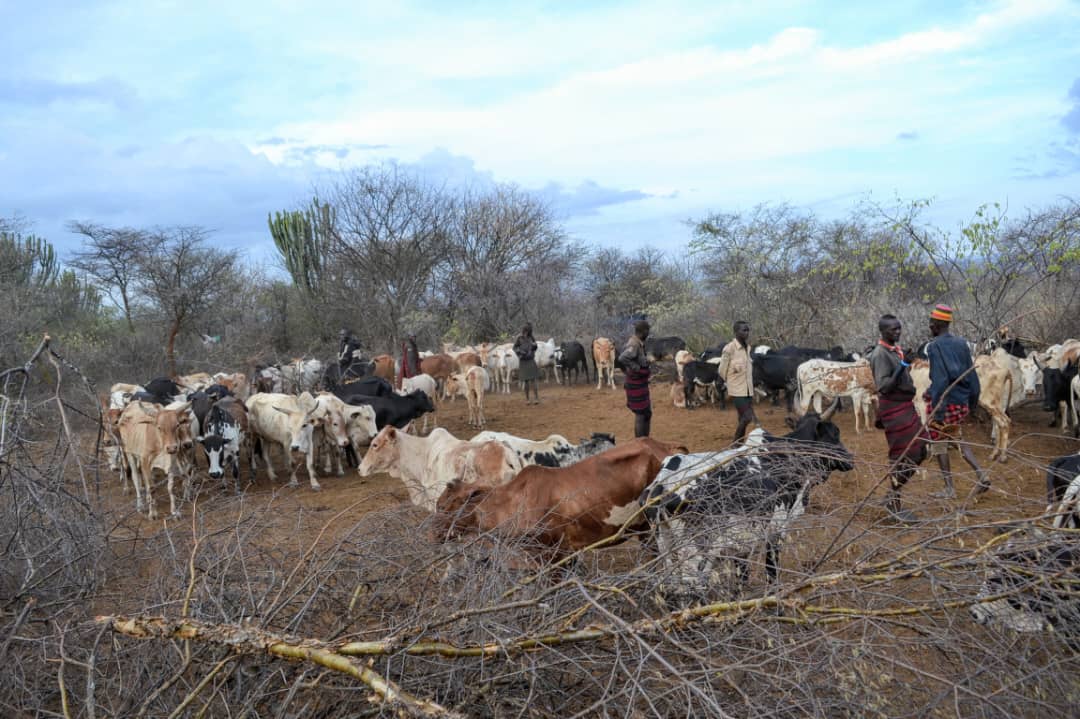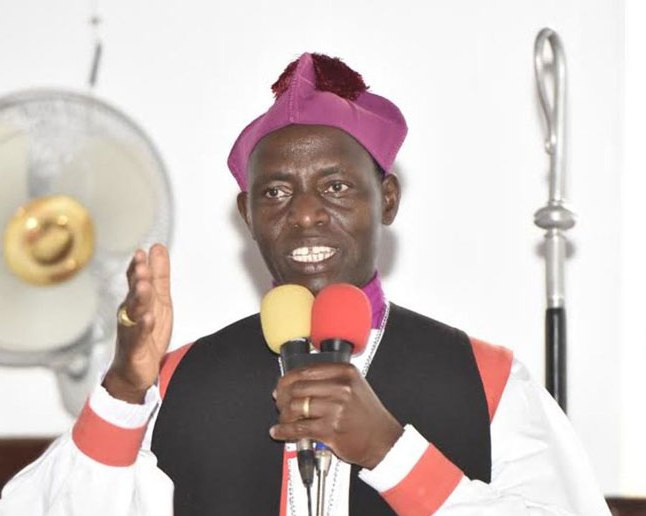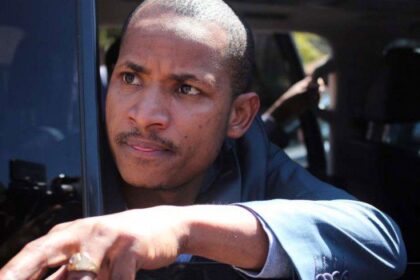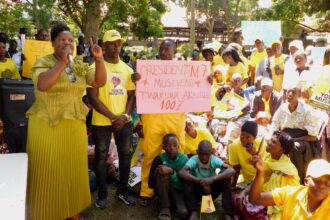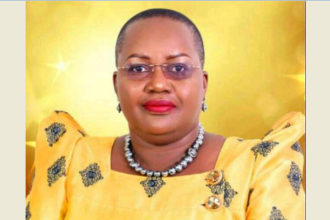In Uganda today, the consistent upward trajectory of school fees has become a pressing concern, leaving many puzzled about the underlying factors behind this persistent trend.
Despite widespread public outcry, the unrelenting rise in educational costs unveils a complex interplay of forces shaping the country’s education landscape. Parents, students, and education advocates have voiced their concerns, questioning the sustainability of these continual hikes but nothing has been done.
The issue has far-reaching implications, affecting access to quality education and placing an additional burden on families striving to provide learning opportunities for their children.
One prominent factor contributing to the perpetual increase in school fees is the economic landscape of the country. Uganda, like many nations, experiences fluctuations in its economy, leading to inflation and rising living costs.
Educational institutions, grappling with the impact of these economic dynamics, often find themselves compelled to adjust their fee structures to meet the demands of maintaining educational standards, infrastructure, and staff welfare.
Moreover, the evolving educational landscape, driven by advancements in technology and changes in pedagogical approaches, presents institutions with the challenge of staying relevant and competitive.
Investments in modern teaching methods, updated facilities, and qualified educators are essential for providing students with a well-rounded education. Unfortunately, these advancements often come at a financial cost, further influencing the upward trajectory of school fees.
In an open economy like Uganda’s, where market forces largely determine prices and economic activities, several factors contribute to the tendency of school owners to increase school fees. In an open economy, businesses, including educational institutions, are susceptible to fluctuations in the general price levels of goods and services.
When there is inflation, the cost of living rises, affecting the operational expenses of schools. To maintain quality education, schools always find it necessary to adjust their fees to cover increased costs for staff salaries, utilities, and other essentials.
While the profit motive is also a major factor for some private schools, it’s essential to recognize that many educational institutions genuinely aim to provide quality education. However, the economic realities they face in an open economy can lead to difficult decisions regarding fee adjustments.
Furthermore, granting schools the autonomy to independently set their fee structures has set a significant risk of exacerbating educational inequalities. In some scenarios, schools located in affluent areas have maximized this freedom by setting exorbitant fees, rendering quality education financially inaccessible to a substantial portion of the population.
This has led to Uganda’s education system to appear as that where educational opportunities are predominantly available to those with financial means, perpetuating socio-economic disparities. Moreover, the lack of standardized fees has also created an environment of unpredictability for parents, making it challenging for them to plan and budget for their children’s education since every time school fees change.
The potential for unchecked fee increases without regulatory oversight has largely resulted into a scenario where the pursuit of profits has overridden the principle of providing affordable and accessible education for all.
Addressing these challenges is very possible because it just requires a comprehensive approach involving collaboration between educational authorities, policymakers, and the community.
The government must formulate policies that strike a balance between the financial sustainability of schools and the accessibility of education. This equilibrium is crucial to ensuring that the advantages of an open economy translate into enhanced educational opportunities for everyone.
By implementing well-crafted policies, the government can foster an inclusive and equitable education system that aligns with the principles of economic openness while addressing the diverse needs of the population.
A significant question arises: Does the government possess the necessary commitment to address this issue? Certainly not. Why? Because expecting policymakers, education ministers, including commissioners, to tackle the problem of rising school fees is akin to tasking a monkey with choosing to cut down an entire forest or instructing a blind man to bite the hand that feeds him.
In Uganda, a significant challenge exists as a majority of individuals in authoritative positions, who could potentially curtail this issue, are directly associated with schools. Unfortunately, many of these schools, led by these figures, are among those that consistently and harshly increase their school fee structures at the conclusion of each academic term.
Cabinet ministers and Members of Parliament seem to operate primarily as crisis responders, especially when addressing matters that affect them personally rather than prioritizing public concerns. It is an undeniable fact that Members of Parliament, Ministers, Commissioners, and even District Education Officers have personal stakes in schools so they will never advocate for a uniform reliable school fees structure.
This intricate web of vested interests raises questions about their ability to address the issue impartially. In this context, it seems challenging to expect these key stakeholders in education, who are also school proprietors, to exhibit genuine remorse or impartiality regarding the concerns raised by the public. It raises a fundamental dilemma about their dual roles as both protectors and beneficiaries in the education landscape.
If ministers and MPs genuinely harbor concerns for the nation’s future, they should promptly take decisive action to regulate the malpractices that have ensnared the education system, preventing a substantial portion of the population from advancing. The urgency lies in breaking free from the shackles of this educational quagmire to propel the country forward.
On Thursday, this issue was brought before Parliament, this was the second time, in the previous year, the same discussions surrounding school fees structures regulation took place within the August House.
However, it died a natural death, speculation arises as to whether Parliament has continually refrained from advancing this discussion due to a potential conflict of interest, considering the ownership of schools by some parliamentarians.
This situation prompts concerns about whether Parliament, in certain instances, may be reluctant to regulate the education sector to avoid implications related to their involvement in school ownership, potentially complicating the efforts to bring order to the system.
The intersection of personal interests and regulatory responsibilities becomes a crucial aspect to scrutinize in understanding the dynamics of such discussions within the parliamentary arena.
Amid the ongoing surge in school fees, there is a growing concern that the children of ordinary citizens, including those engaged in manual labor, might be deprived of access to quality education. This issue becomes particularly noteworthy as tax authorities seem to scrutinize the modest earners more closely than those who possess substantial wealth in the country.
The disparity in attention between the hardworking common citizens, often referred to as “wanayinchi” or “wheel pushers,” and the affluent class raises questions about the fairness and equity in addressing the challenges posed by the escalating cost of education.
Do you have a story in your community or an opinion to share with us: Email us at Submit an Article




